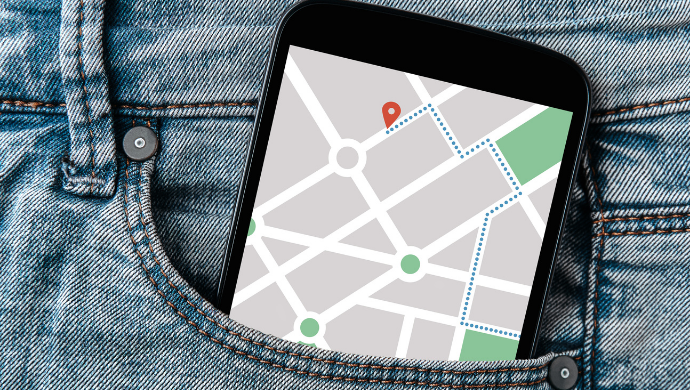KEEP IN TOUCH
Subscribe to our mailing list to get free tips on Data Protection and Cybersecurity updates weekly!







If you’re like me who grew up consuming spy movies, you would have already been familiar with the notion of geolocation trackers in all sorts of digital devices (which both heroes and villains can use to their advantage). On the flip side, you would also have gotten hold of some tips on limiting location data exposure whenever this need arises for our hero.
Action stunts aside, it’s true that the moment you acquire any type of mobile device, you already set yourself up for location exposure. Yes, including that fitness tracker you bought to complement your New Year’s resolution. By design default, all mobile devices share and store device geolocation.
For mobile devices to work, they inherently require cellular networks and providers, and these cellular providers receive real-time location information for a mobile device each time it connects to a network.
This important chunk of information was recently released by the National Security Agency in its Limiting Location Data Exposure Cybersecurity Information Sheet, to guide mobile device users from National Security System (NSS) and Department of Defense (DoD) on how they could reduce risk associated with sharing sensitive data. While this guide is geared more toward those working on high risk missions involving covert operations, ordinary civilians like you and I can still pick up best practices from this guide.
Also Read: How PII Data Works In Businesses and Its Advantages
Before getting there though, here’s a rundown on some other hard truths we need to digest about locations, trackers, and whatnot:

At Privacy Ninja, we always advocate for best practices on keeping your personal data safe and your cyber security healthy and in check. Hence, we’re also excited to share with you these practices on limiting location data exposure, even if you’re not dealing with any secret mission.
Whenever applicable and depending on your level of comfort and risk, here are 8 actions you can take with regard to location sensitivities as outlined by the NSA:
Also Read: CCTV Law Singapore Edition: Know Your Rights and Responsibilities
Let’s admit it, mobile devices are as very much a part of our lives as our churned out data and identities. While we cannot put the brakes on this digital progress, we can limit its access to our personal lives, beginning with limiting location data exposure.